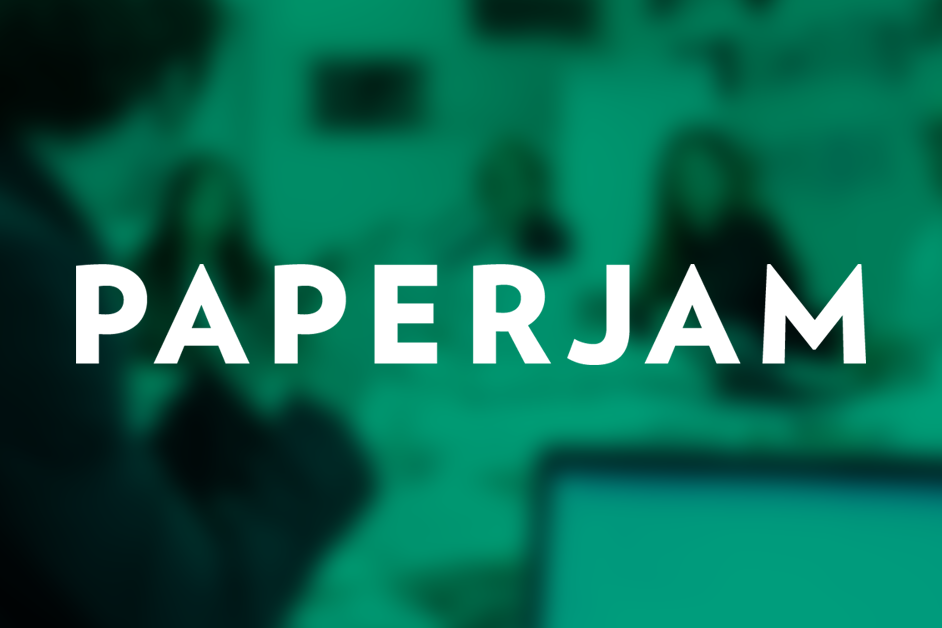It's a Destination Management Company, it's an Events Management Company, it's a Convention Bureau... the LCTO is not your average tourist office.
Ronald Pinnel (Director) and Cathy Giorgetti (PR) of the LCTO (Luxembourg City Tourist Office) want people to realise their office's added value in the growing economic sector of tourism. "We are more than the name implies," Pinnel says.
Their fields of expertise embrace four areas of core business: events and culture (500+ concerts /events per year), tourist info, guided tours (5,000+ groups per year), but also business tourism, including the Luxembourg Convention Bureau (52 seminars, conferences/conventions and 6,800 participants per year).
The Convention Bureau is an essential infrastructure for Luxembourg. An event like ICANN 2005, for example, brings significant revenue to the city. Two thirds of tourists who stay in Luxembourg do so for business, and the business tourist stays longer (3.6 nights over 1.8) and spends more on an overnight hotel price than a regular tourist.
This is not to underestimate the value of cultural tourism, especially large events. As a "Destination Management Company" the LCTO works hand in hand with VDL (Ville de Luxembourg) to animate the city and market the Grand Duchy. The LCTO has made visible progress when it comes to the city's image and appeal. A campaign like "Summer in the City" is a platform for cultural actors and offers local promotion through flyers and a website. It also generates revenue for local businesses.
The LCTO has activities in parallel with VDL, and works with City Manager Geraldine Knudson, whose job partially consists of remarketing Luxembourg's external image. The LCTO has developed a comprehensive branding in terms of corporate identity and publishes a colour-coded suite of pamphlets, ad campaigns, posters, banners and flyers. So, why doesn't VDL use the LCTO communication supports? Is the rebranding not an overlapping of tasks? "We look at the city from a 'touristical' perspective. Knudson has her point of view," says Pinnel diplomatically. "We have more flexibility than VDL, says Giorgetti. We are not a private company, but we act like one." Pinnel says that the LCTO (n.b. which operates as a non-profit organisation and gets 67% of its budget from the city) is very much a part of Knudson's think tanks.
A problem for the LCTO is measuring the number of tourists, which is important to analyse impact and strategise for the future. They compile their own statistics, such as the number of guided tours or the demographics of requests at the central tourist office, plus use those of Statec and the ONT. All have relevance but also weaknesses. Thus, they must extrapolate somewhat.
Lack of strategy for collecting statistics
"There is a lack of a strategy for collecting tourist figures, says Giorgetti. How do you measure day people? Free movement across borders makes it hard to survey and collect statistics. Some people who we count as overnights could also be measured more than once. What is not now recorded is the motivation of people's stays. We will soon add this to the forms people fill out when they come to a hotel."
Business or pleasure, the immediate future looks even brighter as "Luxembourg and the Grande Région, European Capital of Culture 2007" looms on the horizon, but how can you measure the expense of such an event - 10 million euros from the government - versus its gain, on bars and restaurants etc.? Giorgetti says they network extensively with local businesses. Pinnel reminds us that all measurements are not in euros. "One of the clear benefits is infrastructure. In 1995 we had to put up a tent on the Place St Esprit. Now there is Philharmonie, Casino, Mudam, Rockhal." A notable improvement, indeed.
